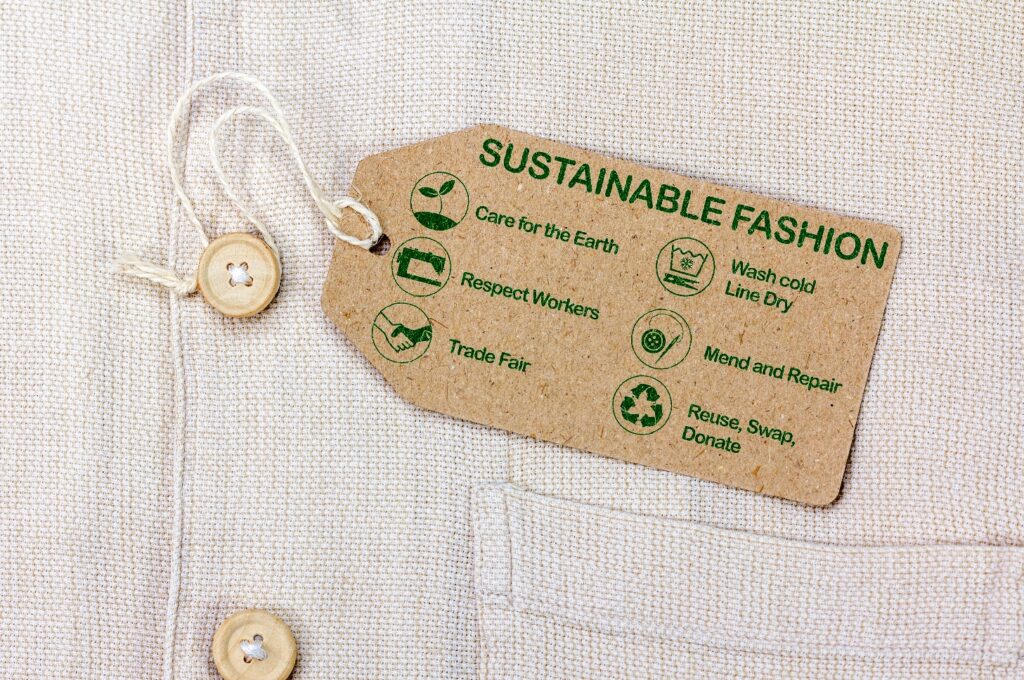What is this sustainable socks trend all about?
The fashion industry is working on its most important trend right now, SUSTAINABILITY. Increasingly, consumers grow aware of the positive impact they have on the environment.
Amid the shock during COVID-19, research done in April 2020, across more than 2,000 UK and German consumers, shows that 2/3 of the customers think it’s important to limit the impact on climate change. And 88% of them believe more attention to be paid to reducing pollution. Brands like Patagonia, People Tree, Levis, H&M, are already leading their way in sustainability.
Why are sustainable socks important?
Socks are one of those basics we often forget. The type of yarn, material, and packing used to make your stylish custom socks will determine how much environmental degradation it causes. If you think about how socks are made, starting from raw material sourcing (petroleum), material processing (chemicals to turn materials into yarn/fiber), to the end-of-life prospects (disposed of, recycled, or even upcycled), you may want to choose wisely. Providing sustainable socks not only allows people in the production chain to have less impact from pollution but also adds value to your brand, as a means of marketing strategy.
What type of sustainable materials to choose for socks?
There are so many eco-friendly materials that you can choose from! Here we list some sustainable and recycled yarns you may often find in the custom socks market.
1. Coffee Yarn – S.Café®
The coffee ground waste is collected from the local coffee shops and used to combine with recycled yarn to block odor. This type of eco-friendly socks dries quickly and provides UV protection. And no, the eco-friendly socks won’t smell like coffee. The aromatic compounds like phenol, ester, and oil have been cleared in the process.
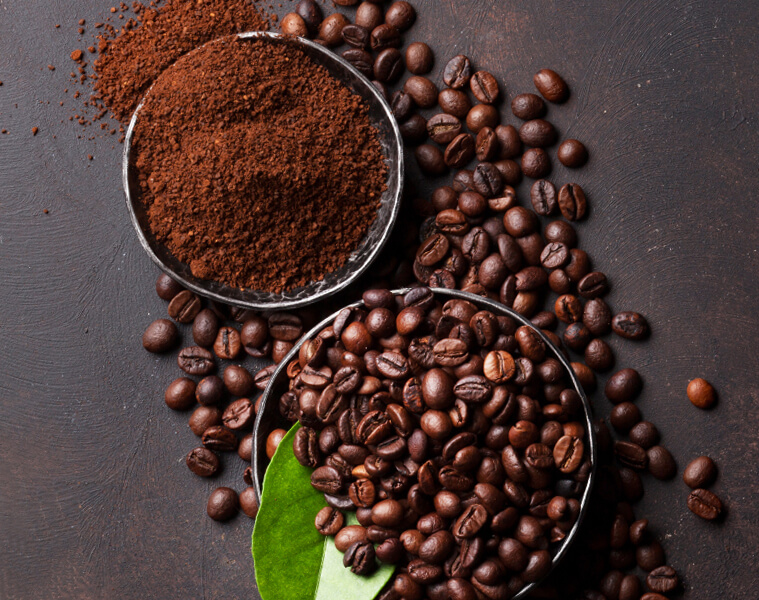
2. PET Bottle Yarn
Recycled socks can be made of recycled PET yarn, which gives plastic bottles, bags, and textiles that are bound for landfills a second life. It is super versatile to form from thin, light, stretchy active wear to thick and fluffy fleece and has been widely used by brands like Patagonia and other well-known brands.
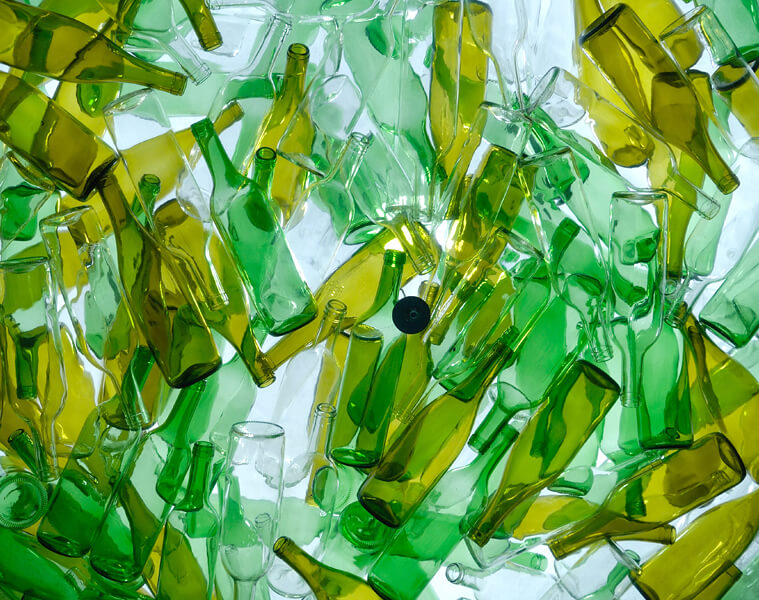
3. Recycled Nylon Yarn (also known as Econyl)
Is nylon eco-friendly? Well, wearing recycled socks using recycled nylon does lower the impact on the environment to a great extent. Recycled nylon collects materials from ocean plastic, used fishing net, and abandoned carpet. It requires much less water during production since the water is extracted straight from recycled polymers. And it also causes less carbon dioxide emissions and reliance on petroleum. Brands like Adidas and some other sports brands are already utilizing recycled nylon in their latest trendy socks.
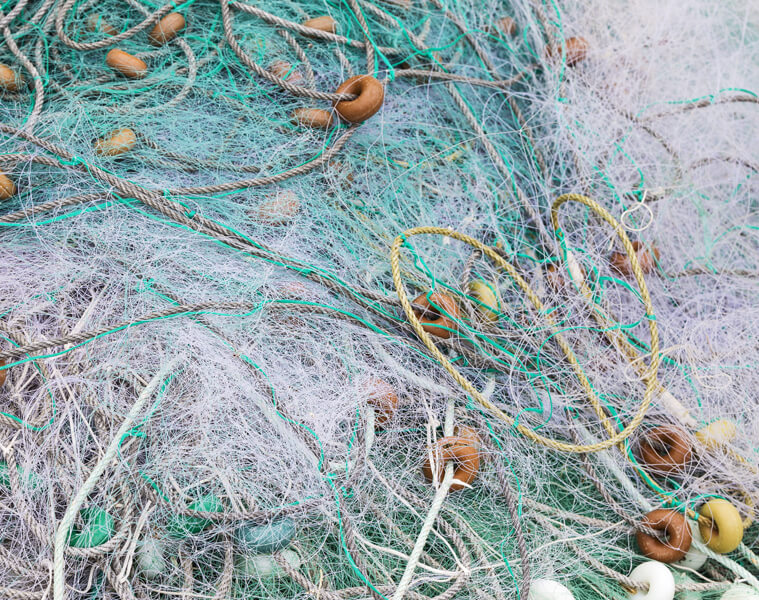
4. Polypropylene
Polypropylene or PP is made up of carbon and hydrogen molecules. It is biodegradable and meets standards of environmental safety and hazardous content. It saves energy and reduces carbon dioxide emissions. Some properties of PP yarn are resistant to bacteria, quick-drying, anti-static, durability, lightweight, abrasion resistance and so on.
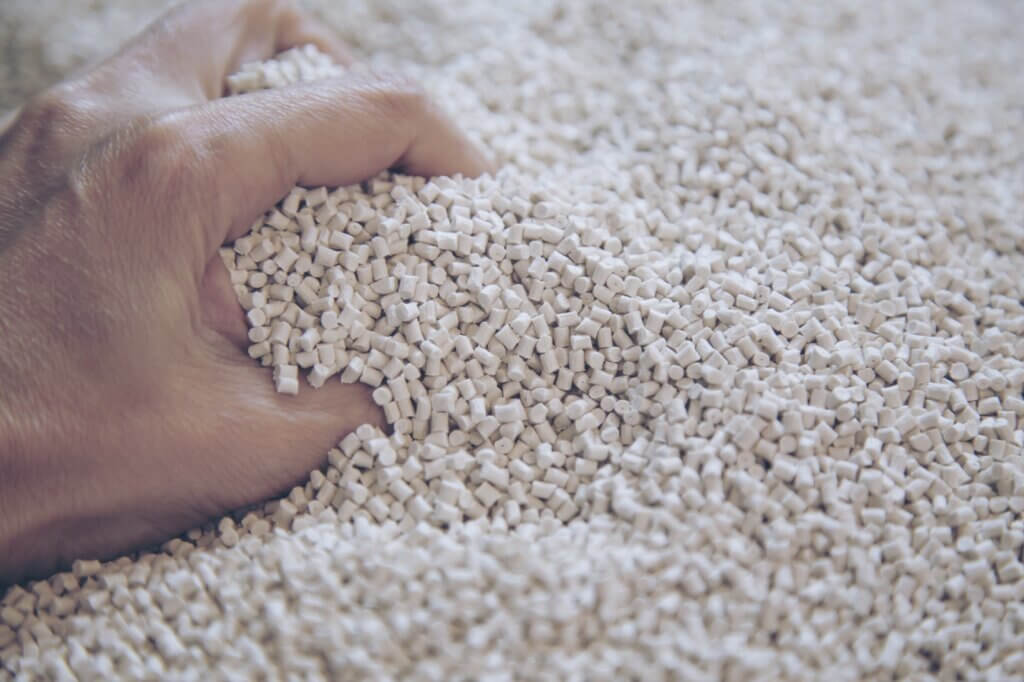
5. Lyocell (also known as TENCEL)
Lyocell is naturally biodegradable and made of cellulose fiber from eucalyptus pulp. It requires less water (less than half of the amount used for cotton) and fewer pesticides during production. The process is closed-loop, which means 99% of the chemicals and solvents used can be recycled! Eco-friendly socks made of lyocell have greater moisture absorption than cotton and natural breath-ability. The properties of durability, anti-bacterial, moisture-winking ability, and smooth surface are perfect for making sports socks.
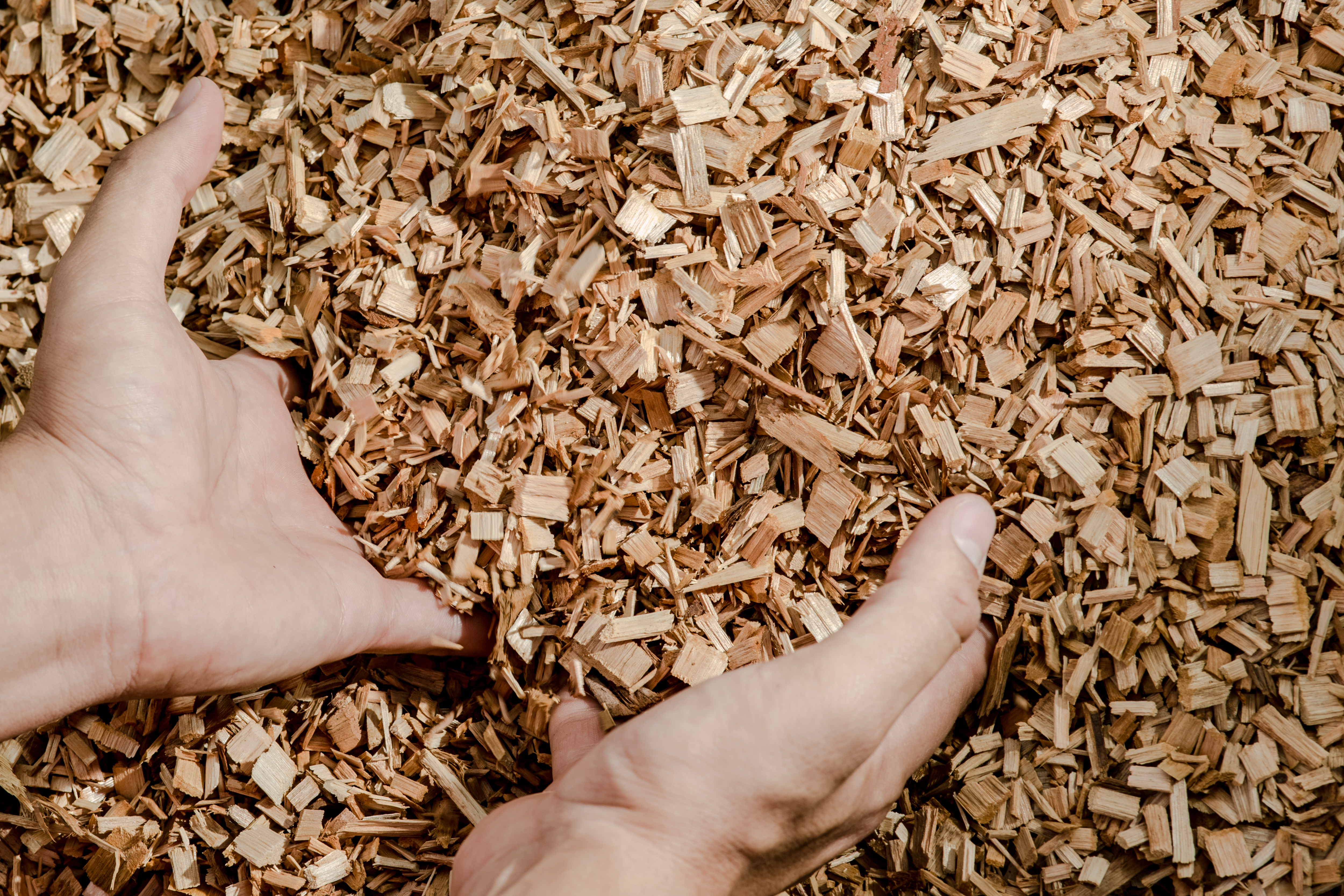
If you are interested in using eco-friendly material for custom socks, feel more than welcome to contact us @ Paultex. We have the capability to offer a variety of options that could tailor to your special needs.
